A Strange Manuscript Found in a Copper Cylinder by James De Mille
Published posthumously in 1888, James De Mille’s A Strange Manuscript Found in a Copper Cylinder tells a satiric story of a lost utopia through a frame narrative and an internal tale ostensibly found in a bottle floating at sea. The questions in this case study guide students through the frame narrative structure, as well as the use of irony and problematic depictions of utopia.
Indigenous Literary History (1960s-1990)
Several important political developments in the 1960s helped strengthen Indigenous nationalism in Canada. Until the 1960s, Status Indians—peoples legally recognized by the Indian Act—lacked many rights enjoyed by Canadian citizens, as the Indian Act categorized them as wards of the state.
Defamiliarization and Reconceptualization
The following poems, previously published in Canadian Literature, use a variety of strategies to defamiliarize and reconceptualize their subject. These strategies include novel combinations of images, linguistic disruptions, and more.
E. Pauline Johnson (Tekahionwake)
E. Pauline Johnson (Tekahionwake; 1861–1913) was a popular poet, critic, and performer. In this chapter, we address a small sampling of her wide range of poems and prose. The life and career of Pauline Johnson has been the subject of renewed academic attention since the 1960s, in particular with the growing interest in feminism, Indigeneity, and diversity.
English-Language Comics and Graphic Novels in Canada
Comics include a range of forms and genres, including the popular graphic novel, and go by a variety of names like cartoons, comix, the funnies, graphica, graphic literature, sequential art, and visual literature. Comics has remained the most popularly accepted general term, with the recognition that comics aren’t always funny.
Nationalism and Literature: Cross-Genre Connections
In this critical writing assignment, compare and contrast one book and at least one (or even a few) of the following poems (or select from others found in this unit).
Nationalism, Now: Ongoing National Conversations
Contemporary debates about Canadian nationalism in Canadian literature reflect ongoing concerns with power, history, cultural diversity and with their effects on individuals, communities, and the nation state.
Post-nationalism? Regional, National, and Global Connections
Discussing nationalism in terms of globalization troubles and broadens simplistic notions of place. A global perspective focuses on groups with shared interests that form affinity networks beyond national borders, such as global Indigenous movements and international associations that address educational and economic inequalities, human rights violations, and so forth.
What We All Long For by Dionne Brand
Dionne Brand’s 2005 novel What We All Long For explores the experiences of a small group of friends in Toronto and their troubled family histories, in particular touching on how processes and forces of global travel, nationalism, culture, racialization, and economic disparities inform their identities. This set of stories interweave with the story of one lost family member, Quy, who struggles to rejoin his family through an international maze of barriers.
Nationalism, 1980s onwards: Contesting Multiculturalism
Multiculturalism itself is not a settled concept—even though it is legislated in Canada—and it continues to be developed or contested in various ways.








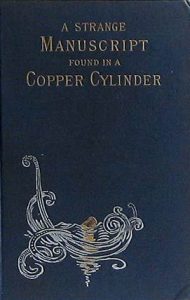
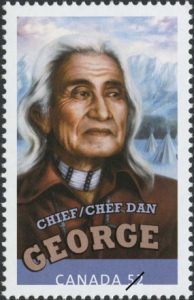
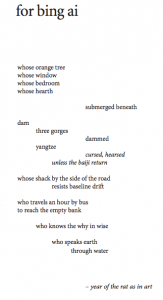
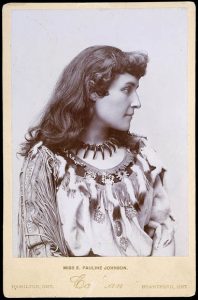
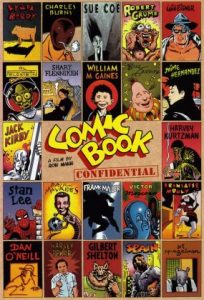
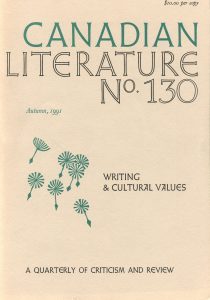
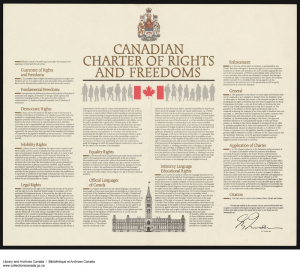

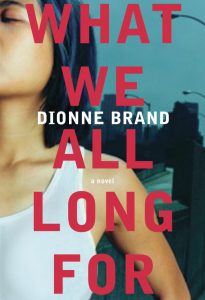
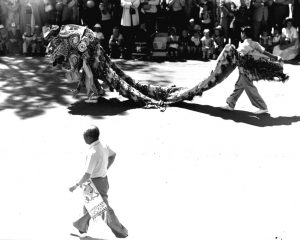
 ©
©